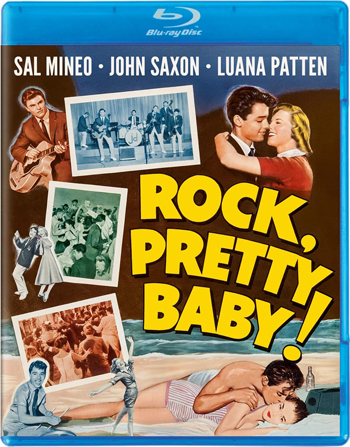
Kino Lorber
Hey, all you hep cats and bobby soxers, put on your dungarees and poodle skirts and let’s get down to the pizza joint for some stacks of wax and some of the whitest rock ‘n’ roll ever to hit the jukebox. It’s rebels without claws and time to Rock, Pretty Baby!
Released thirteen years after the word “teenager” first entered mainstream culture—literally at the point when “teenager” became a teenager—Universal’s bid for teeny-bopper bucks was first titled Crazy Love, then The Living End before it settled on the more market-friendly Rock, Pretty Baby!
It wasn’t the first rock ‘n’ roll movie—that honor goes to another film I’ll talk about in a second—but it’s arguably the first one to tell parents that it’s okay, let your kids take off their shoes and dance, they’ll outgrow it soon enough.
Rock, Pretty Baby! (beware of titles with exclamation points) was planned as a solid “B” picture.
Sal Mineo, fresh off the success of Rebel Without a Cause, joined a young John Saxon to headline a mostly feel-good flick about a young rock ‘n’ roller, Jimmy Daley (J.D.—get it?), whose greatest wish is to buy a $300 guitar so his band can really kick out those sounds. Former child star Luana Patten is Joan, the “good” girl who dreams of becoming a songwriter in San Francisco but is saving her kisses for Mr. Right (what does she think is going on in the Haight?). Edward Platt (the Chief from Get Smart) is Dad, Fay Wray has thrown off King Kong to play Mom, and a very young and weirdly enervated Rod McKuen shows up as Ox, whose job is to croon about teen romance so that we’ll be fooled into thinking there’s actual rock ‘n’ roll in this rock ‘n’ roll movie (You jacks and jills want some kicking tunes? How about a few by Henry Mancini?).
Rock, Pretty Baby! is begging for the Mystery Science Theatre 3000 treatment.
Every time Jimmy needs his dad, Doc Daley explains that he has to go work on his speech for the Medical Board dinner. Considering that the movie takes place across a month, that’s gotta be some speech. After good-girl Joan spends a night at a passion-pit party telling Jimmy to keep his meathooks to himself, she comes home, flings herself on the bed, and inexplicably releases a blissful sigh: you expect Crow T. Robot to interject, “Finally, the drugs are kicking in!”
This is what counts for teen rebellion in this teen-rebellion movie.
The local fraternity doesn’t want to hire the boys because their music interrupts all the smooching. The local summer camp doesn’t want to hire the boys because their music might cause some smooching. And that darn music is keeping Jimmy away from his medical studies: Dad is horrified when he goes to borrow some of his son’s medical books to help him work on his speech, and discovers—*gasp*—that Jimmy pawned them to put a down payment on his electric guitar. Now how will he write his speech for the Medical Board dinner?
As a rebel, J.D. is hardly worthy of his initials.
When his unspecified “job” isn’t enough to pay for the guitar, the girl behind the counter agrees to let him take it home for a hundred dollar down payment (she’s got eyes for that daddy-o). When he can’t afford even that, his bandmates chip in the rest. After a teen party goes awry and J.D. has to sell the guitar to pay the damages to a neighbor’s property, Dad has a change of heart and coughs up the cash. When Jimmy’s depressed and on the verge of quitting the band, Joan makes a surprise return from San Francisco (disappointingly not wearing a beret and turtleneck) and tells him, what the heck, let’s go to first base. It’s hard to be a rebel while everybody’s being so accommodating.
What’s amazing about all this sexless lust, toneless rock, and gutless rebellion is that it happened just as teenage angst and rock ‘n’ roll were having a real moment at the movies. Earlier that year, Blackboard Jungle featured Bill Haley and the Comets’ “Rock Around the Clock” in its title sequence. It was meant to be a warning, but it became a celebration. Then came Rebel Without a Cause, and suddenly teen-crisis movies had serious Oscar cred.
Meanwhile, a barely noticed revue picture brought together Big Joe Turner singing “Shake, Rattle & Roll,” Ruth Brown belting out “Mama, He Treats Your Daughter Mean” and some of the biggest leading lights of rhythm & blues for Rockin’ the Blues. Although it only played in segregated theatres and never broke through to white culture, it was the first genuine rock ‘n’ roll picture.
Later that year, Alan Freed would assemble Chuck Berry, Frankie Lymon & The Teenagers, LaVern Baker, and Tuesday Weld (!) for the more high-visibility Rock Rock Rock! Unfortunately it wouldn’t be long before “white” rock ‘n’ roll displaced the true founders of the genre, and suddenly every teen rock ‘n’ roll movie would center on pale guys with crewcuts wearing plaid. Sal Mineo aside, that’s where Rock, Pretty Baby! lands. We’re not at Elvis and Annette yet, but we’re getting there.
Speaking of Elvis… one of his future co-stars, Shelley Fabares, appears as Jimmy’s younger sister “Twinkie” Daley in one of the movie’s skeevier subplots.
Like the song “Afternoon Delight,” Rock, Pretty Baby! tries to make sex wholesome and winds up making it really creepy and wrong. Thirteen-year-old Twinkie starts the movie as a tomboy in pigtails and rolled-up blue jeans. She’s got grease on her face from tuning up Jimmy’s motorcycle and she won’t wear shoes. Then she spots a local boy on his bike and it finally gets her to start acting like a lady—and boy howdy ho, does she ever. Suddenly she’s taking baths, doing her hair, putting on makeup, and begging her mom to give her dress a “bustline,” all so she can catch that boy’s eye. Mom grants her wish… and Dad gets into the act by giving his little girl her first bra. He beams with approval as she holds it to her chest and exclaims, “It’s just the right size!” Just how every girl wants to remember that special day.
This is how Rock, Pretty Baby! treats sexual awakening: it’s gonna happen, it’s how families get started, but let’s not forget what it’s for. All of the lyrics of the beach-party songs Rod McKuen sings are about finding “the one” and starting a family: not exactly a soundtrack for seduction. When J.D. can’t figure out why Joan won’t “pet” despite her obvious signals, Dad is happy to explain in the most confusing way possible. He says his “heart used to pound” for Mom and hers for him, but never says what they did about it: presumably that’s where Jimmy came in, and that’s what stopped all the pounding.
So what does this rock ‘n’ roll thing have to do with sex, pretty baby? Everything and nothing. The movie’s big climax is a rock ‘n’ roll contest on live TV, emceed by a finger-popping Johnny Grant, the unofficial “Mayor of Hollywood,” as himself (Rock Rock Rock! got Alan Freed; Rock, Pretty Baby! got the future second banana to Alex Trebek). This is the big ticket to stardom they’ve been aiming for all this time… and they don’t win. And it doesn’t matter, because while the boys are playing their hearts out, we cut to closeups of their girlfriends, beaming with adoration. Even Sal Mineo, the movie’s designated ladies’ man (!), has settled down. He figures that “stardom would have spoiled us anyhow” and is more than happy to settle for a gig playing at the local summer camp. In five years, those kids are all gonna be working dead-end jobs, their girlfriends are going to be numbed out on Mother’s Little Helpers while the kids run screaming, and then we’ll see how they felt about losing that contest.
Rock, Baby Rock! is riff-worthy fun, hardly serious, but there is something remarkable about it. It’s the first rock ‘n’ roll movie to treat the new craze not as a warning bell for parents or a teen liberation, but as a normal part of growing up. Dad’s not always paying attention, but he is the key to making it all work. Though he spends most of the movie disapproving of Jimmy’s “guitar hobby,” when Jimmy threatens to quit the band, it’s Doc Daley who insists that he keep his commitments like a man. Just like the keys to the car or his daughter’s first bra, the guitar is all right as long as it’s understood that this is an adult responsibility.
Amazingly, Rock, Pretty Baby! did well enough to get a sequel. “Those Rock, Pretty Baby! kids are back!” proclaimed the poster. Some of them, anyway. Mineo was replaced by Troy Donahue, Judi Meredith was recast as Joan, and a pre-Bond Jill St. John played a sexy camp counselor (see, they did get that summer camp gig!). Its legacy, though, isn’t its own place in popular culture—it has none—but its influence on the genre. Rock, Pretty Baby! made it safe for teen movies to be safe. It proved there was a market for bigger hits like Blue Hawaii, Beach Blanket Bingo, and tepidly torrid bikini movies for another two decades.
The genre has died a hard death. Movie teenagers stopped being obsessed with making out long before American Pie, nobody dances on the beach anymore, and it’s been even longer since the kids wanted to start a guitar band.
Rock, Pretty Baby! doesn’t really do what the title tells us to… but it has a lot of fun not doing it.




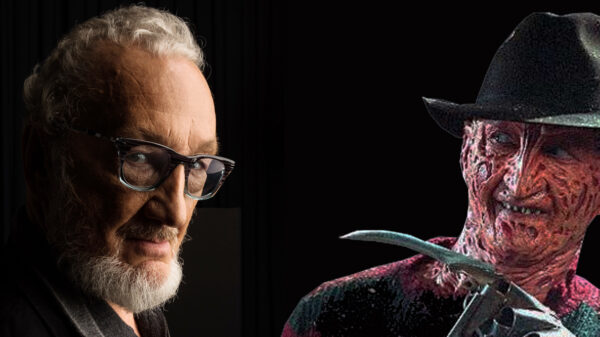
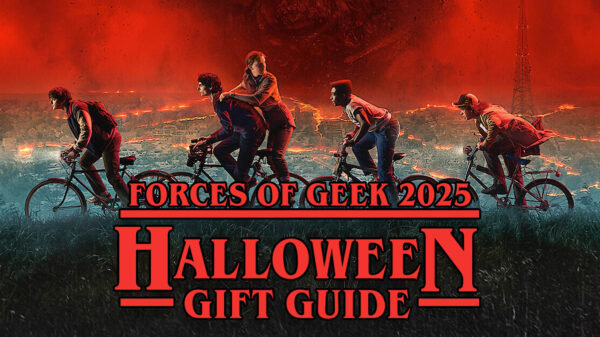
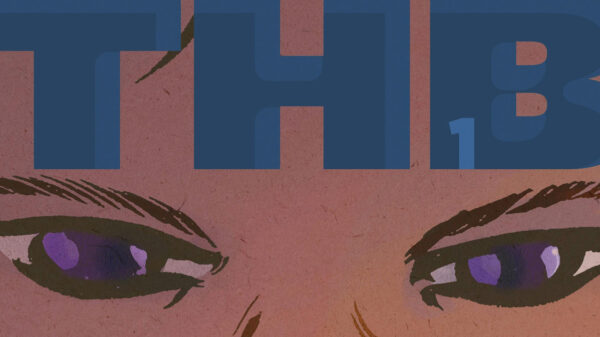

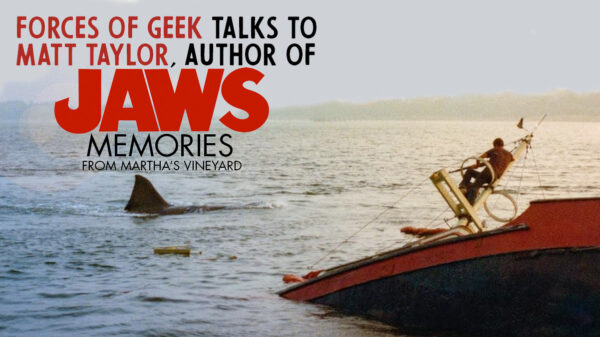
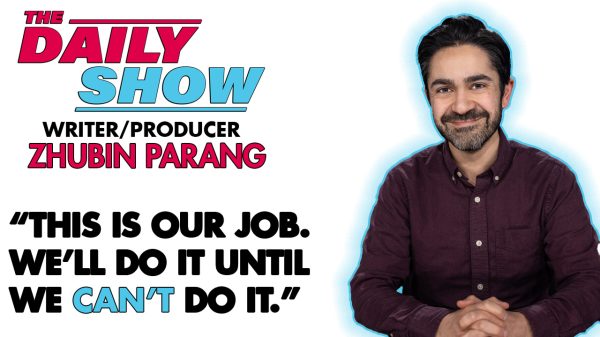
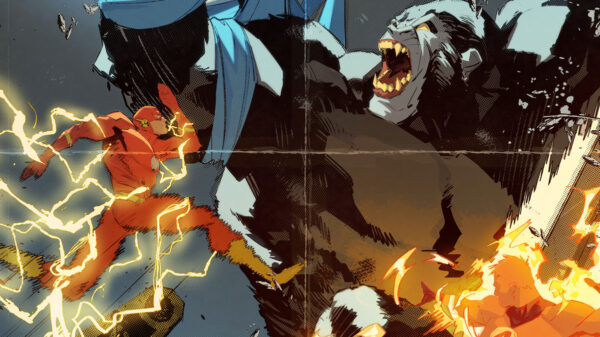
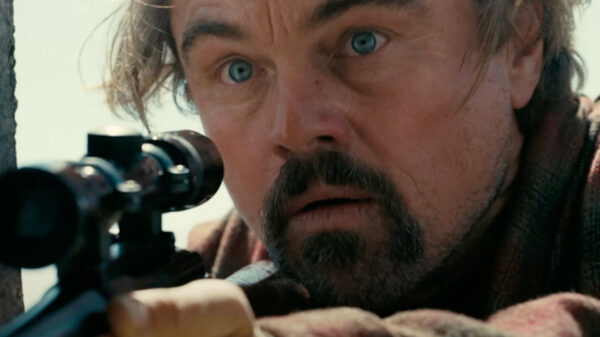
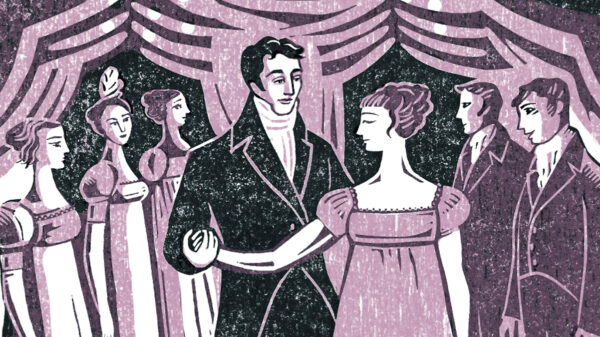
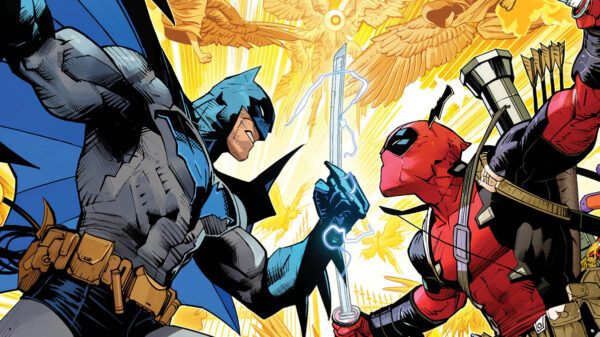
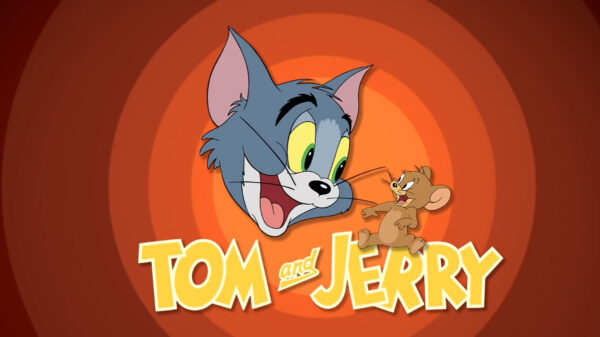



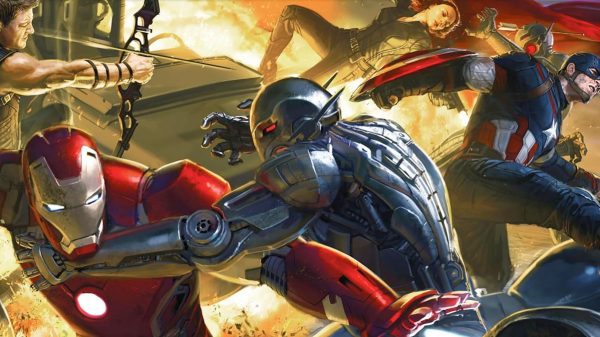

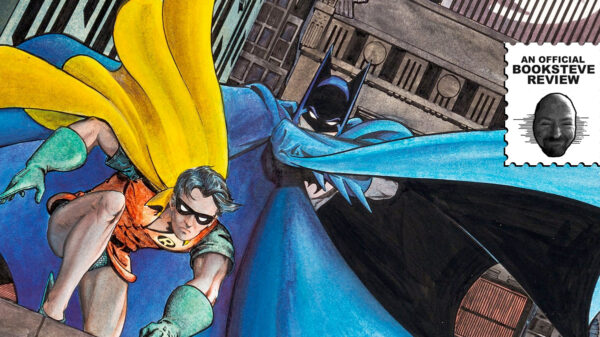
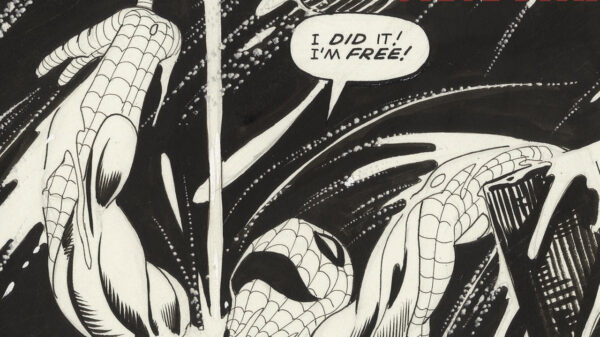
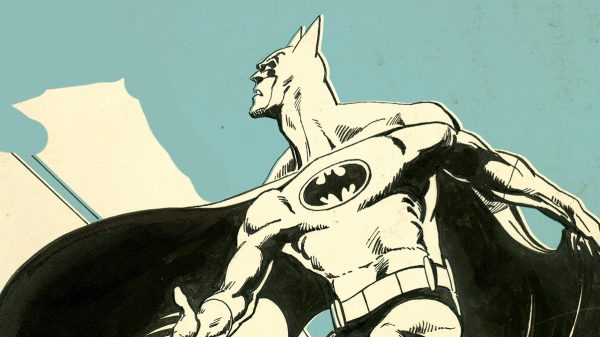

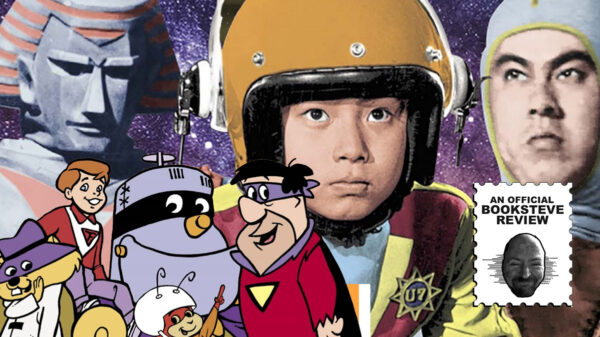
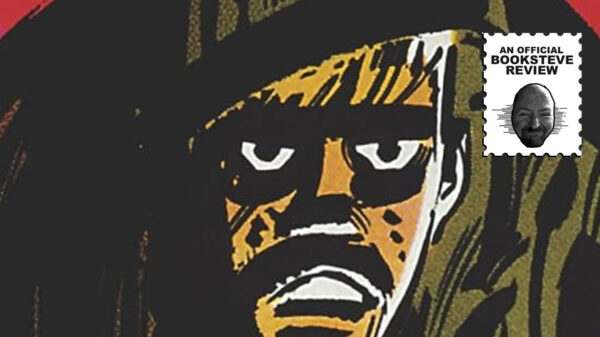
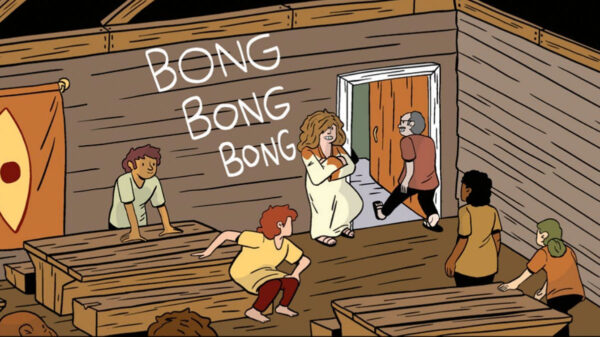
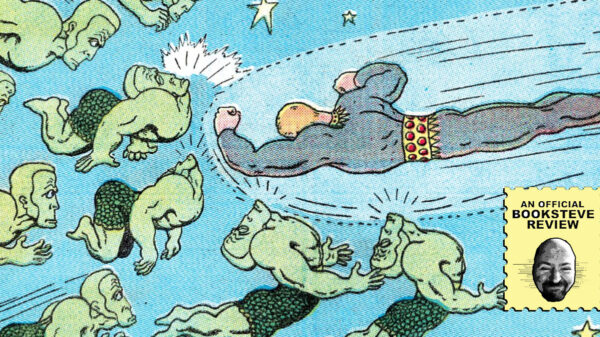
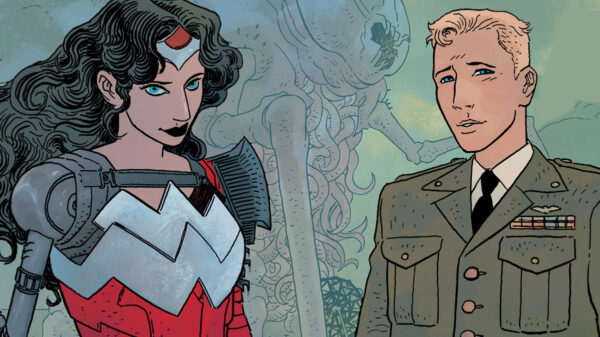




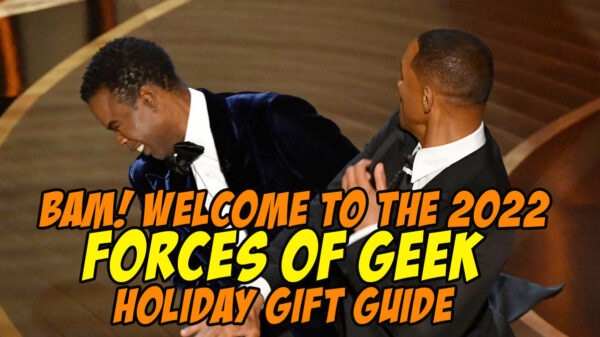




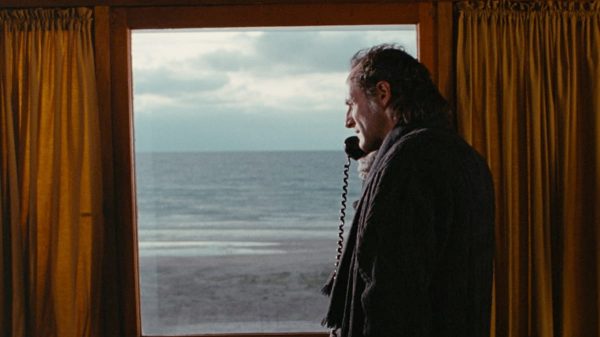
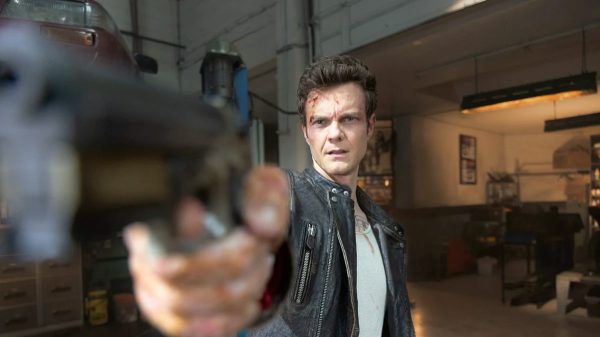
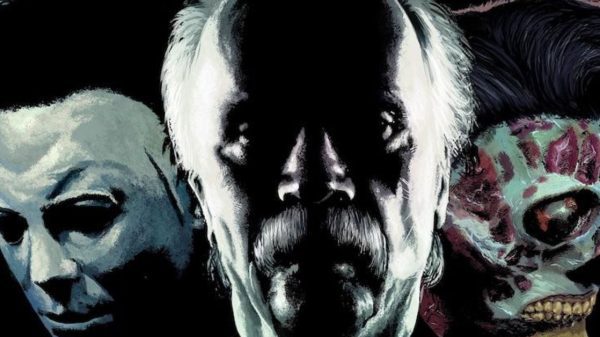
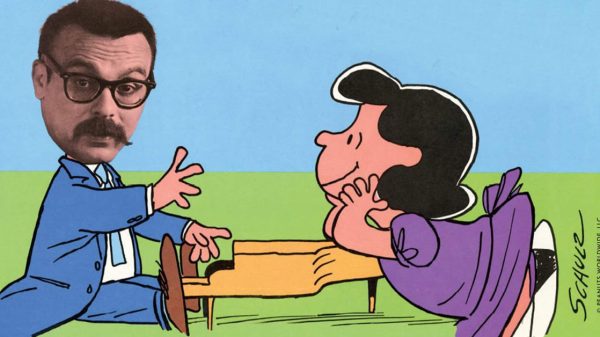
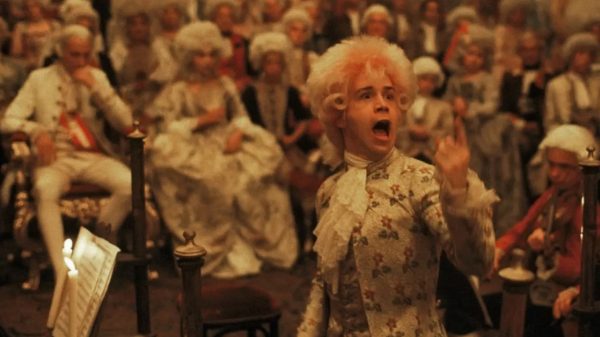











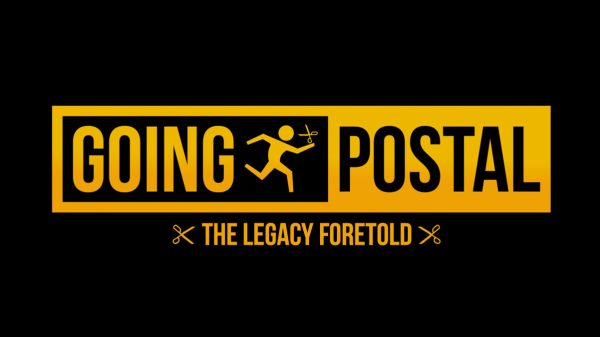
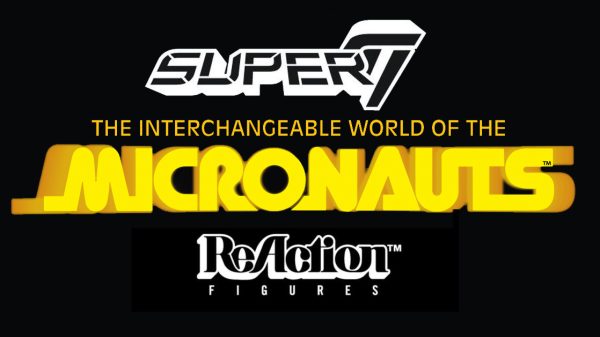
















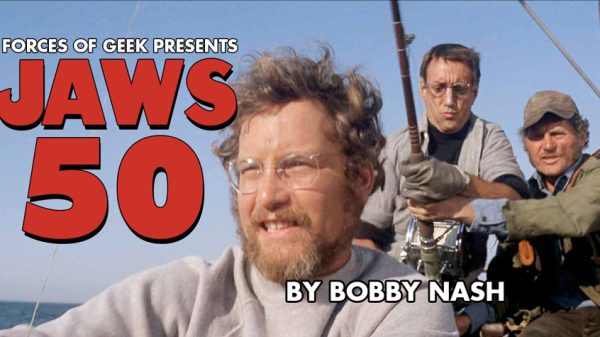









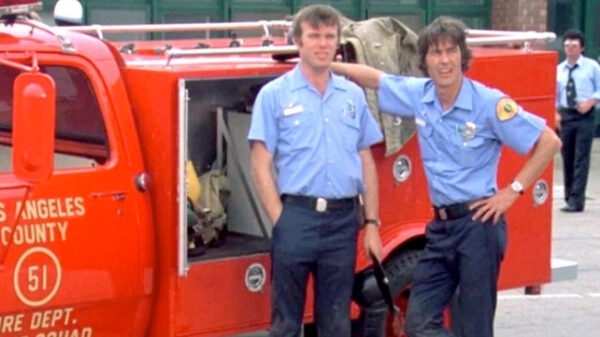
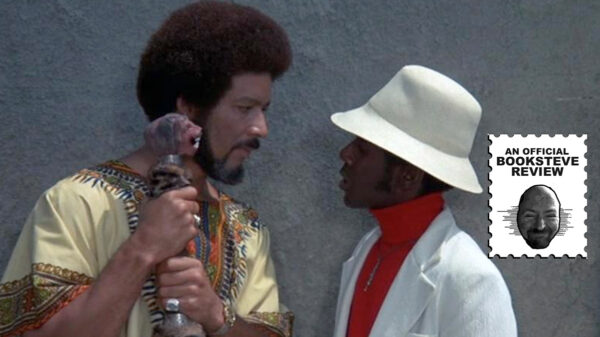
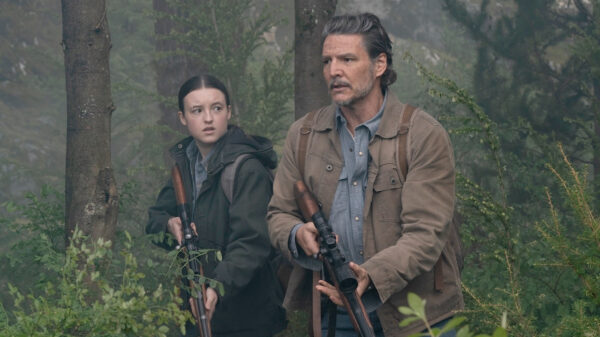




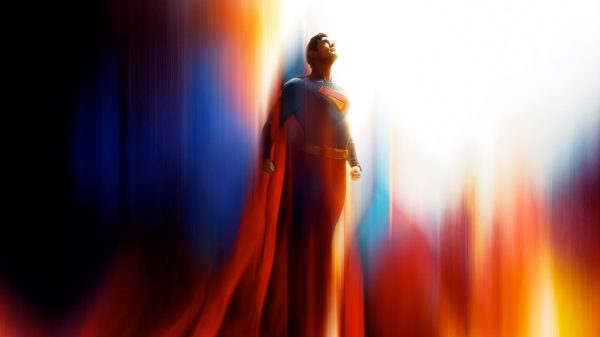
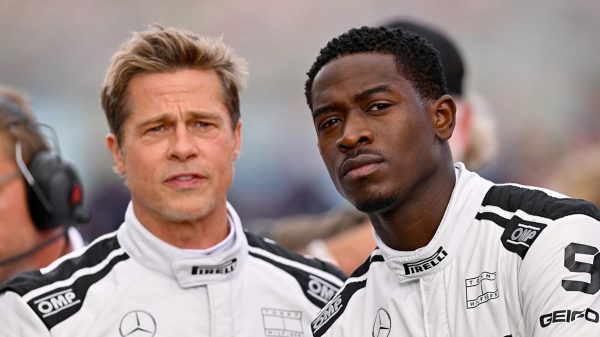
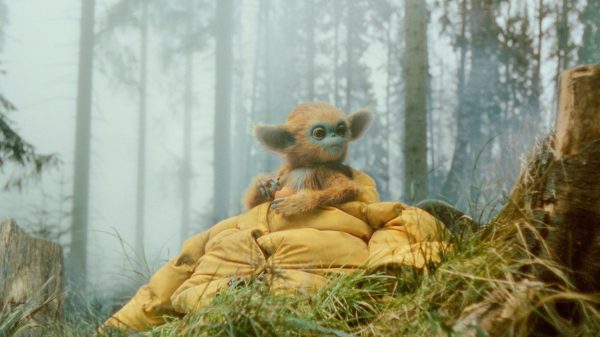



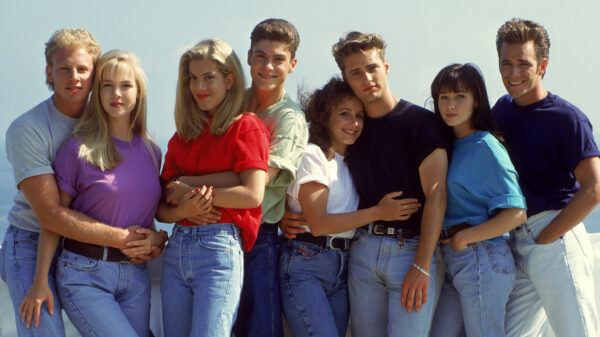
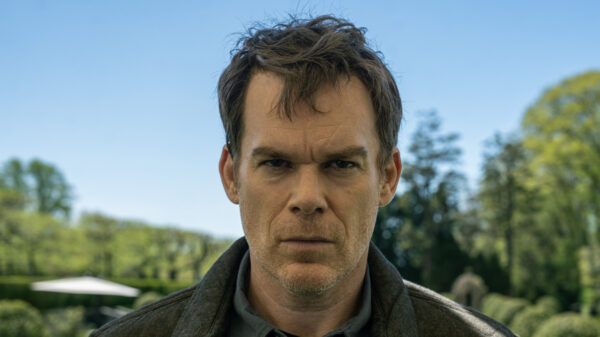
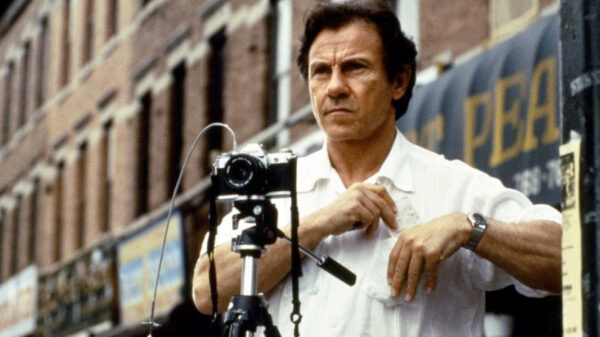
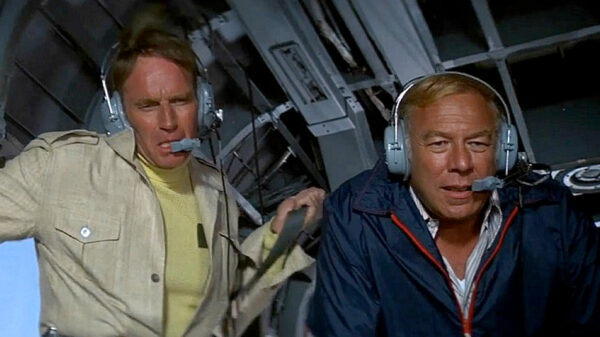
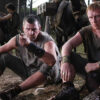



You must be logged in to post a comment Login